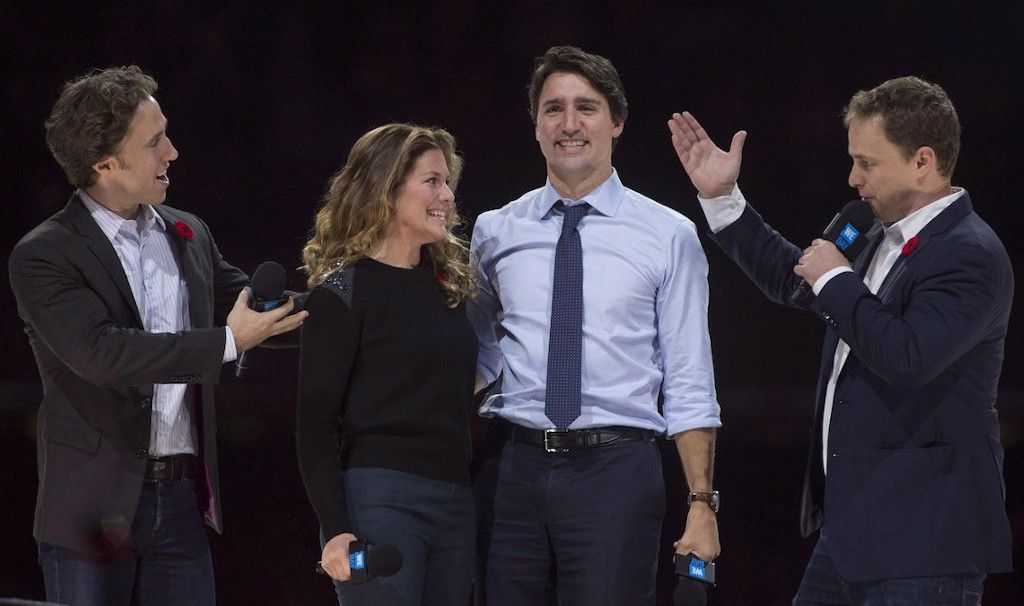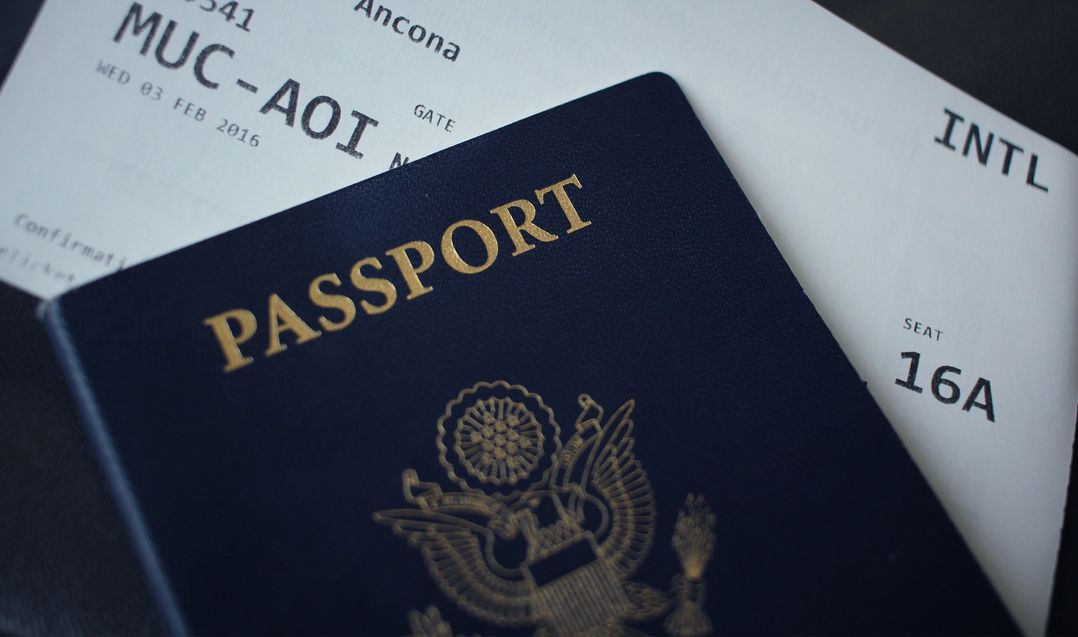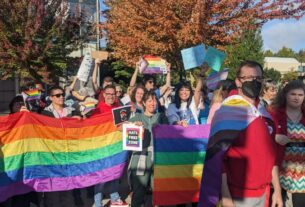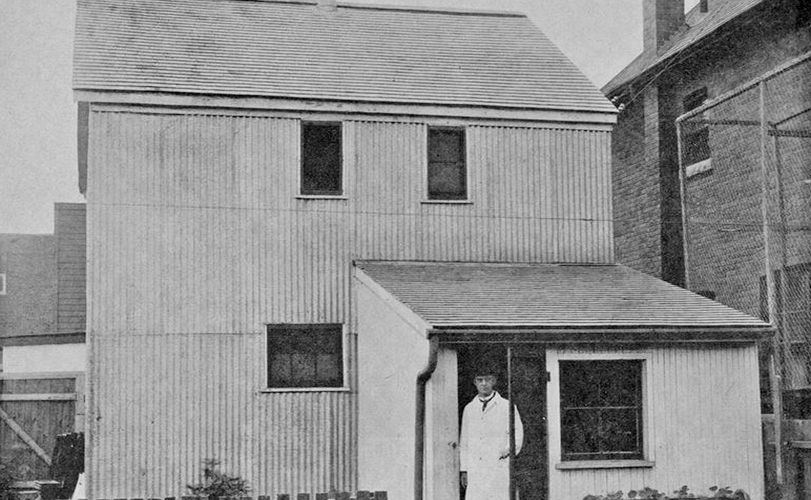The first thing to note about the WE saga and Trudeau’s previous brushes with matters “ethical” (e.g., the Aga Khan trip, SNC Lavalin) is the obsession that the media has with these issues at the expense of more blatant ethical scandals such as the thousands of deaths in the long-term care homes or the deadly conditions in meat packing plants. As the pandemic takes on more of a humdrum air, it’s understandable that journalists would want to seek other pastures where they could puncture Trudeau’s sanctimonious airs as they savour the drip drip of the case’s details. It’s just too bad that they only go after Trudeau’s blood when his hand seems to be in the cookie jar rather than when his government policies have led to deaths (selling at least $14 billion of weapons to Saudi Arabia) and destruction (the worsening of climate change).
Having said that, it’s worth commenting on Trudeau and his apologies. He has done what he does best, beating his breast and saying how sorry he is. This includes “political” apologies, on behalf of all Canadians, directed to such groups as Japanese Canadians for internment in World War II, the barring of the Komagata Maru passengers from India in 1914, Indigenous peoples for the mistreatment of children in residential schools. Then there are the personal apologies relating to his own ethical violations such as his freebie family vacation on the Aga Khan’s private island, his wearing of black face in his youth, and his physical confrontation with two MPs in the House of Commons. On the other hand, in the SNC-Lavalin scandal where he broke the conflict of interest law, Trudeau refused to apologize because he said he was trying to protect jobs.
What/Who is WE?
The author of this article, as a High School teacher in Toronto in the 2000s, was impressed by the founder of WE (then called Free the Children). Craig Kielburger seemed to be a model of youth activism, starting the organization from his parents’ living room when he was still in grade 7. For someone teaching Civics to a Grade 10 class in Toronto, Kielburger’s example seemed to be a good way to inspire students about the potential for their own activism. Since its modest beginnings, WE has grown into a substantial organization with 1,000 employees around the world that puts on mega events, “WE days,” quasi rock concerts featuring bands and celebrities (such as the Trudeaus).
Journalist Rick Salutin sums it up well: “(in 2010) I found myself at a WE Day rally at the Air Canada Centre. It’s the kind of headless event where you can’t possibly figure out why it exists. There are thousands of kids, bused in by school boards, spotlights, giant screens, music (Nikki Yanovsky, I think). Inspirational speakers (well-paid, it turns out). All hosted by Craig and his brother Marc. They say vacuous things like ‘What’s up, WE Day?’ And ‘Everyone is joining the WE movement because they realize that together we can make the world better.’ They call WE Day rallies the Super Bowl of doing good.”
According to the WE website, “WE Charity carries the power of WE globally, empowering communities to lift themselves out of poverty through our holistic, sustainable international development model, WE Villages. WE Charity is an international charity and educational partner.”
Three white boys
The Kielburgers (Craig and Marc ) and Trudeau have been close for some time. Seven years ago, Craig Kielburger donated the maximum $1,200 to Trudeau’s Liberal leadership campaign. Over the course of Trudeau’s government, the Kielburger organization has received over $5 million in taxpayer funded contracts from Canadian Heritage, Employment and Social Development Canada, and Environment and Climate Change Canada. We should not be surprised at the Liberal/Kielburger link – two middle class white boys starting off with noble aspirations about eliminating child labour in the Indian subcontinent team up with another white boy (upper class, this one) who shares similar sentiments but who is also a wheeler dealer on the political stage and who has ambitions to go all the way to the top. Mutual back scratching and financial shenanigans aren’t the exclusive reserve of politicians and businesses – charities and non-government organizations (NGOs) also come into this orbit. Indeed, most charities and NGOs operate like businesses.
The current brouhaha
In 2017, Trudeau asked WE Charity to host a Canada Day weekend event on Parliament Hill, for which the government paid $1.18 million. And Trudeau’s mother, Margaret, was a speaker there. She went on to get paid a total of $312,000 in speaking fees for attending 28 WE events between 2016 and 2020. According to Marc Kielburger the invitation for the 2017 event came from Trudeau and the Heritage ministry. The same year, WE produced a campaign-style ad that appears to promote Justin Trudeau and his Liberal government while also doubling as a promo for the charity. The National Post reported, “The ad, entitled ‘WE are Canada’ and devoted exclusively to Trudeau, appears to be linked to the Canada 150 celebrations and shows stylized silhouettes of Trudeau across backdrops of mountains and farmer’s fields, while Trudeau speaks about young people and his intentions to work hard.”
The current brouhaha developed following Trudeau’s decision to hire WE to administer a $932 million student volunteer program called the Canadian Student Service Grant (CSSG). Trudeau apologized for not recusing himself from Cabinet discussions about the sole-sourced contract. According to Trudeau, the recommendation to go with WE came from the public service, i.e., “impartial” civil servants, with claims that the civil service could not deliver it. As if recusing himself would have changed the decision. Had he sat out the Cabinet discussion on WE, does anyone seriously believe that Trudeau would not have got the decision he wanted? And what of the program itself? It was a $912 million government contract with an additional $19.5 million administration fee to WE (and the possibility of this going up to $43.5 million), to pay students $10 an hour, well below the minimum wage, for doing so-called volunteer work. The very definition of volunteering is to help others without being paid. Isn’t that why it’s called volunteering, not working?
Volunteering to do work of dubious value
CBC news reported: “WE Charity may no longer be in charge of administering the CSSG but concerns remain about whether it’s appropriate to pay students effectively less than minimum wage for their volunteer hours, and whether offering such grants during the COVID-19 pandemic might exacerbate the problem of precarious work for young people, not solve it.” Even after the exit of WE from the program, Trudeau was encouraging students to continue to participate in the $912 million volunteer program as federal bureaucrats assume operational responsibility.
CBC news reported that the prime minister claimed that he’s advocated for young people his entire life. Trudeau defended the program’s design, which gives students $1,000 for every 100 hours they volunteer, up to a maximum of $5,000. “The idea of giving bonus grants to young people who serve has long existed,” Trudeau said.
But Toronto-based labour lawyer Andrew Langille, a long-time advocate for fair compensation for interns and other young workers, disputes Trudeau’s claim that this is common practice. “I think he’s trying to avoid answering difficult questions around the expansion of yet another low-wage pool of labour. These young people are clearly employees more than volunteers. Undervaluing youth labour is quite shocking, coming from a prime minister that supposedly claims that he values young people.”
Emphasising the issue of low wages this Globe and Mail article, “Volunteer Canada declined to work for WE Charities over wage concerns with student grant program,” is on point. And on the theme of undervaluing labour, an important consequence of this nixed Federal deal is that WE has had to lay off 450 contract workers.
Beyond the volunteer/paid worker issue is that of the work itself – how useful it would be to both the students doing the “volunteering” and the people supposedly receiving the benefits of it. The CBC report found that it was unlikely there are enough spaces in existing charities to absorb a big influx of students. So new charitable activities would have to be invented – such as creating exercise videos for children or interviewing seniors about their lives. In short, a program meant to encourage volunteering became one where everyone, including the volunteers and those who found them, was paid to take part in activities of dubious usefulness. This is the program that WE Charity was initially hired to administer. WE has since disengaged itself but the program – now to be delivered by federal civil servants – continues apace.
Regarding the financial support for Canadian students in the time of COVID-19, the logical thing to do is to dispense with the “volunteer” grant program of CSSG. Instead, they should start with what the Canadian Federation of Students are demanding – to expand the Canada Emergency Student Benefit (CESB) to include international students and to increase the CESB from $1,250 a month to the same the same as CERB, $2,000.
Teachers trust misused
WE proposed to use teachers to recruit for the program, paying them as much as $12,000. This puts teachers in a terrible position, knowing that some of their students have major financial problems. Hiring teachers as recruiters and gaining money from their position of trust with the students is clearly unethical and a conflict of interest. But what is one more unethical action for this government?
This WE scandal may appear to be like a storm in a teacup. On the one hand, yes, it is – just another example of a privileged and arrogant Justin Trudeau tripping over and embarrassing himself. On the other hand, when the underlying issues are separated out from the main players and examined for themselves, it becomes clear that this is more than just about style and arrogance, it’s about the whole rotten, interconnected system of business and government. The case for socialism becomes more urgent, the case for joining Socialist Alternative more compelling.




